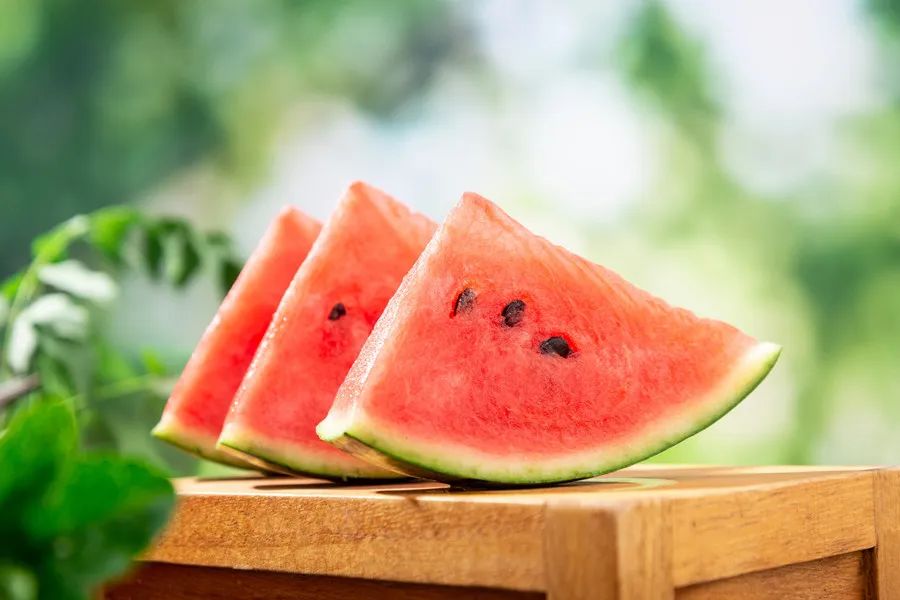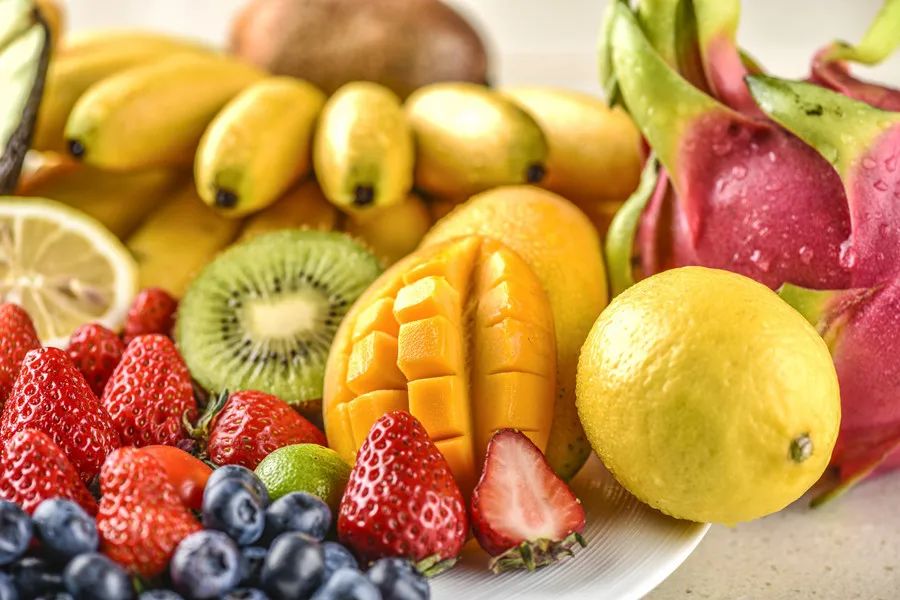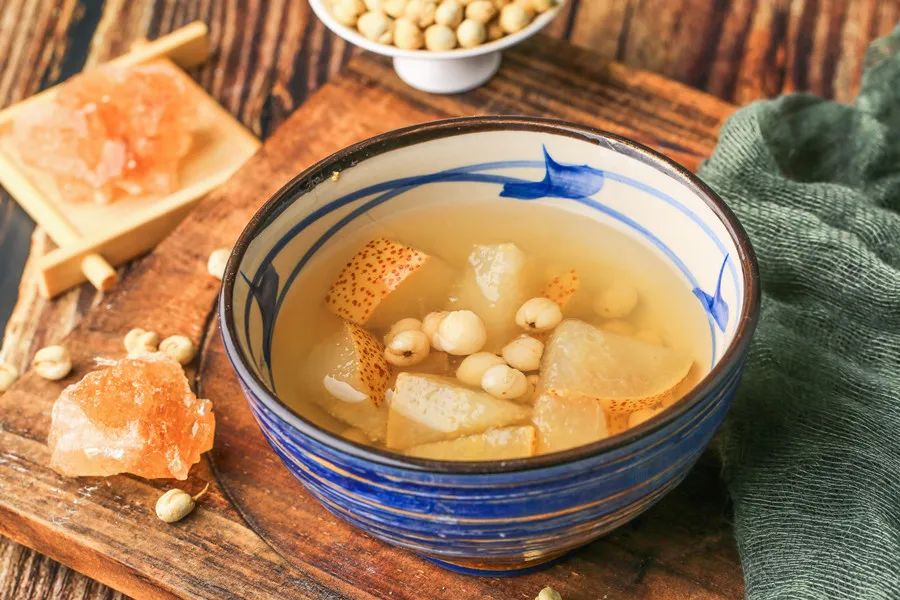TCM's Recommendations on Eating Fruit
TCM's Recommendations on Eating Fruit
In Traditional Chinese Medicine (TCM), dietary wellness emphasizes balance and moderation. Even the healthiest foods should be consumed in appropriate amounts, avoiding overindulgence or excessive reliance on any one food.
Fruits Shouldn't Replace Staple Foods
While fruits are nutritious, they are only a supplement to a balanced diet and not a substitute for staple foods. Relying on fruits as a primary meal can damage yang energy (vital warmth) and hinder the generation of qi and blood.
Most fruits are considered cold and raw in nature according to TCM. For individuals with strong digestion and sufficient yang energy, consuming some raw or cold foods like fruits and salads is fine. However, for those with weak digestion or a cold constitution, raw and cold foods can be hard to digest, deplete yang energy, and exacerbate coldness in the body.
People with Yang Deficiency Should Limit Fruit Intake
In TCM, yang energy is likened to the sun—essential for life and vitality. Modern lifestyles, such as irregular routines and unhealthy habits, often lead to yang deficiency.
Signs of Yang Deficiency
Cold hands and feet: Persistent coldness, difficult to warm up.
Aversion to cold: Frequently feeling cold, wearing more layers than others, and a low tolerance for cold temperatures.
Frequent colds and weak immunity: Sensitivity to wind and cold, easily fatigued.
Cold digestion: Prone to diarrhea or abdominal discomfort after eating cold foods.
Poor sleep with frequent urination: Waking up multiple times at night despite drinking little water.
Since most fruits are cooling and acidic, they can further deplete yang energy. Protecting yang energy starts with avoiding behaviors that consume or harm it.

Summer Fruits as Meal Replacements: A TCM Taboo
Many people enjoy fruit as a meal replacement during the summer, but TCM strongly advises against this practice.
Fruits are cold in nature: Being raw, fruits enter the body at a temperature lower than the body's and require additional yang energy to warm, digest, and assimilate them. Even warm-natured fruits still require body heat for digestion.
Overeating fruit strains yang energy: Excessive consumption exhausts yang energy, leading to coldness in the stomach and poor digestion.
The TCM Perspective on Moderation
Limiting fruit intake doesn't mean avoiding it altogether. A daily portion of 50–150 grams is generally healthy for most people.
For healthy individuals: Eating seasonal fruits is fine in moderation. For instance, in autumn, when dryness affects the lungs, fruits like pears, loquats, and plums can moisten the lungs and relieve dryness.
For individuals with a cold constitution: Avoid excessive fruit intake, especially if they experience symptoms like abdominal coldness, indigestion, or phlegm accumulation.
For children, who are naturally full of rising yang energy, too many sour and cold fruits can harm their vitality and inhibit growth.
Choosing and Preparing Fruits
Select ripe fruits: Opt for fruits with a natural fragrance and flavor, as they are likely fully ripe and nutritionally optimal.
Does cooking fruits change their nature?
Cooking fruits doesn't fundamentally alter their cold or warm properties. For example, boiling chrysanthemum tea doesn't make it warm—it remains cooling. To balance a fruit's cold nature, TCM recommends adding warming ingredients like ginger or cinnamon, though this alters the taste significantly.
Other Behaviors That Deplete Yang Energy
Frequent consumption of raw or cold foods.
Extreme dieting or fasting.
Overuse of antibiotics or cooling herbal remedies.
Staying up late.
Prolonged exposure to cold, damp environments.
Lack of physical activity or sunlight.
Vigorous exercise at night.
Prolonged air conditioning or cold showers in summer.
How to Replenish Yang Energy
Sunlight exposure: Especially in the morning, focusing on the back where many yang meridians are located.
Hot foot soaks: Warming the feet can dispel coldness and promote relaxation.
Exercise: Engage in aerobic activities like walking, tai chi, or qigong to stimulate yang energy.
Moxibustion: Apply to acupuncture points like Shenque, Guanyuan, and Qihai for warmth and vitality.
Navel therapy: Apply a mix of Sichuan pepper, longan meat, and moxa wool to the navel to warm and invigorate yang energy.


